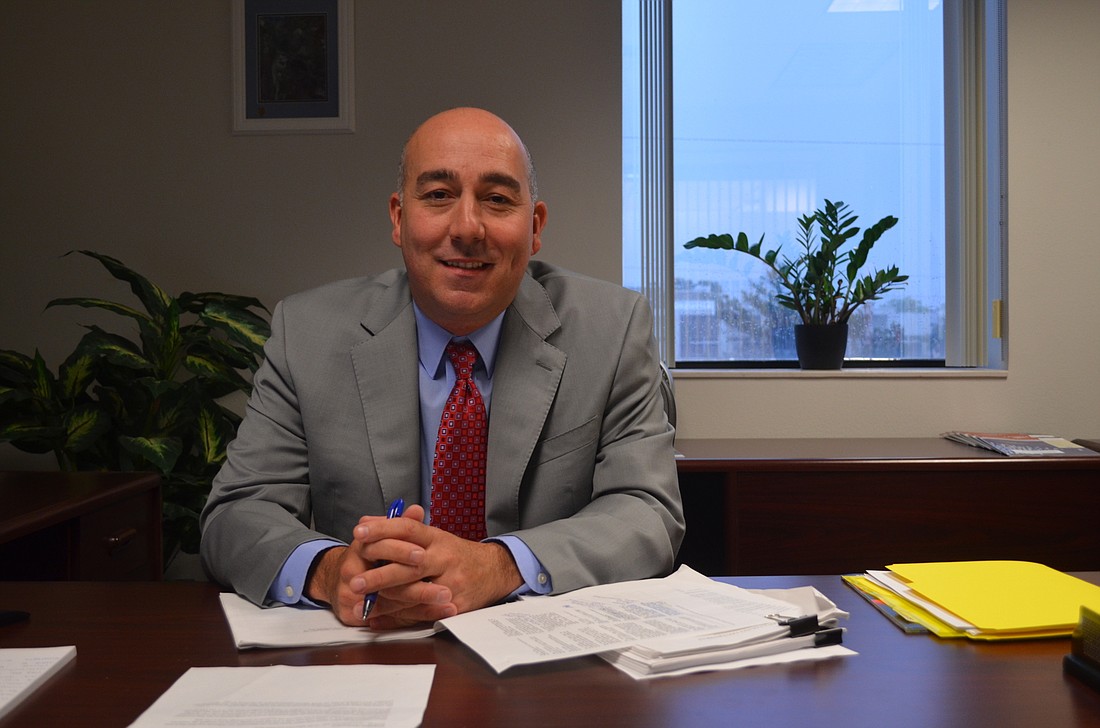- February 19, 2026
-
-
Loading

Loading

Sarasota County is preparing to ask residents for more property taxes over the next 30 years or so, in a referendum to pay for four major construction projects.
“At this point, really early in the game, we’re looking at about a $200 million referendum,” said Assistant County Administrator Steve Botelho, who oversees the county’s office of financial management.
During a budget workshop this month, commissioners directed staff to proceed with plans for a $106 million public safety campus for the Sarasota County Sheriff’s Office, a $14 million central energy plant replacement in downtown Sarasota, a $35 million fleet maintenance facility for the county and Sheriff’s Office and a $19 million update for the R.L. Anderson Administration Center in Venice.
Botelho said those numbers are preliminary and don’t all include land acquisition costs. Despite the hefty price tag, he said he expects the measure will be palatable to voters because the projects are much needed, and at least two concern public safety.
Sheriff Tom Knight has been lobbying for more than five years to expand his facilities that provide about half the necessary capacity for staff. Knight said the projects are crucial — especially considering that the Sheriff’s Office would lose millions of dollars of vehicles and tactical equipment if a hurricane were to hit — leaving it unable to fully coordinate a disaster response.
“We would be paralyzed,” Knight said. “There’s no doubt about it.”
Early this month, Botelho and his staff will meet with other departments and representatives from the Sheriff’s Office to hone in on more accurate cost estimates. Then comes the public education process, which Botelho and Knight said are the most important aspect of the referendum process.
The county may spend money on fliers, but because the ballot question will be asked during an on-cycle election, in November 2016, it won’t incur the cost of roughly $500,000 for a special election.
And instead of holding public forums, like the county did for the penny sales tax in 2007, staff will equip commissioners, Knight and his staff with educational materials to present during public addresses. In addition to printed materials, the county’s communications department could also produce video features to assist in the education process.
If the price tag of the construction projects remains at $200 million, the county will levy an additional .2285 mills, but that number will fluctuate based on the debt service the county owes and property values — meaning it would likely fall given current trends. That means the owner of a $200,000 home could expect to pay about $45 above their current property taxes.
“It’s kind of a relief that we’ve gotten it to this point,” Knight said. “It’s important for the next 50 to 60 years to have these facilities.”